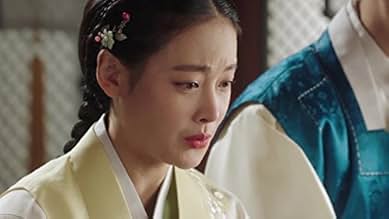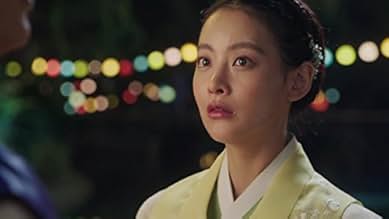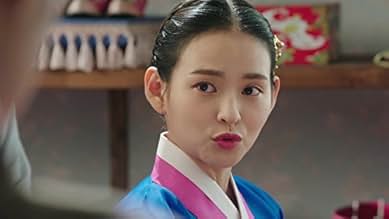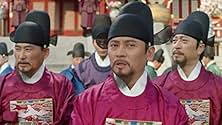Among historical Korean dramas this one was better than average. However, I question the directors' decision to cast a male lead who seems to be gay. Apparently, Korean drama production teams are convinced that the general viewing public (made up of a majority of women) can't distinguish between gay and straight men. It's a ridiculous assumption to make and female viewers will choose dramas with leading men who don't constantly set off their gaydar. Gyeon Woo is an interesting character but I'm not convinced that he actually desires Princess Hyemyung.
A major plot hole in the drama that I found difficult to ignore is Gyeon Woo's lousy Mandarin. He can barely enunciate the words and as a Chinese speaker I found him completely unintelligible. I had to rely on the English subtitles to understand the gibberish he was speaking. That someone who can't even pronounce basic Chinese words could possibly come in first in the Qing dynasty imperial exams is laughable. For someone to accomplish such a feat he should be quoting Li Bai and Du Fu non-stop, finding proverbs for every type of human joy and misery, and quoting the ancients constantly because he'd have an encyclopedic knowledge of the canon of classic Chinese poetry and literature that every top scholar must possess. Again, the Korean producers and directors prey on people's ignorance to deliver a subpar character. This definitely took away the believability of the drama.
Docked another star for the desk lamp on Master Gyeon's table. The Joseon dynasty ended in 1897 and electric desk lamps were not invented until the 1920s. The lighted floor lamps in the rooms at night already looked electrical (fire doesn't output a steady light), but this just made it feel like I am watching a bunch of actors running around fake sets pretending to be from the past.

![Watch Teaser Season 1 [OV]](https://m.media-amazon.com/images/M/MV5BNzJlMTA4ZDUtZTQ0ZS00NzY3LTkxNTItNGZhYzU5MDUxMzlmXkEyXkFqcGdeQXRyYW5zY29kZS13b3JrZmxvdw@@._V1_QL75_UX500_CR0)
































